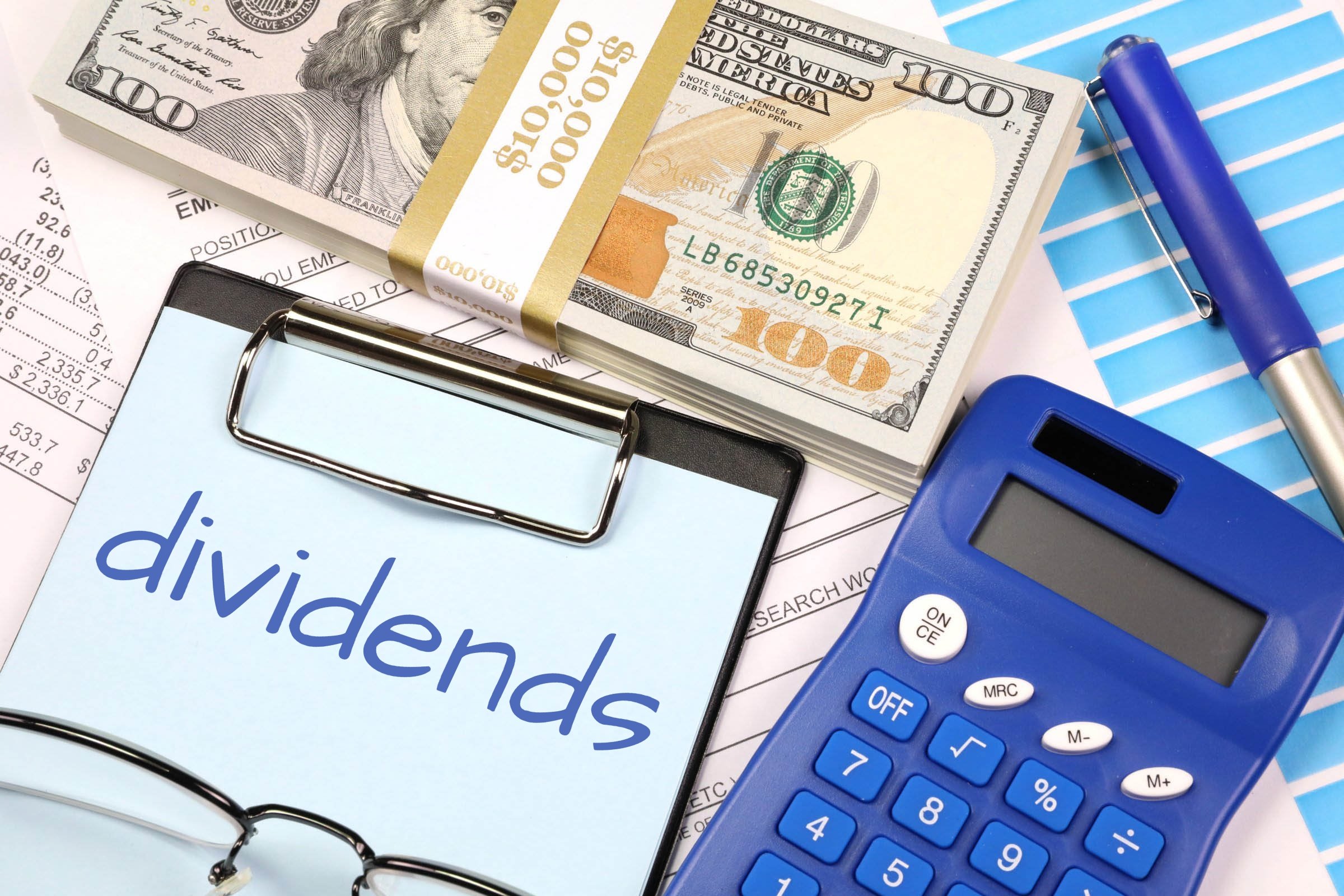Due to ongoing economic and geopolitical uncertainties, experts point out that the companies who still managed to make money in the first quarter despite challenging macroeconomic conditions choose to spend free money on dividends rather than invest it in company growth or mergers and acquisitions.
The global economy is weakening as demand is badly impacted by inflation and increased interest rates, notes Ben Lofthouse, head of capital markets analysis at Janus Henderson. Many businesses have already taken advantage of the expansion prospects that arose in the early wake of the pandemic as a result of this predicament. Fortunately, dividends are less erratic at these times than revenues.
The largest US companies in the Russell 3000 index have announced share buybacks totaling more than $600 billion since the start of the year, according to calculations by another research firm, Birinyi Associates, as reported by The Wall Street Journal. Half of the total buyback volume for the entire year prior ($1.27) has already been reached.
source: wsj.com
The global economy is weakening as demand is badly impacted by inflation and increased interest rates, notes Ben Lofthouse, head of capital markets analysis at Janus Henderson. Many businesses have already taken advantage of the expansion prospects that arose in the early wake of the pandemic as a result of this predicament. Fortunately, dividends are less erratic at these times than revenues.
The largest US companies in the Russell 3000 index have announced share buybacks totaling more than $600 billion since the start of the year, according to calculations by another research firm, Birinyi Associates, as reported by The Wall Street Journal. Half of the total buyback volume for the entire year prior ($1.27) has already been reached.
source: wsj.com





